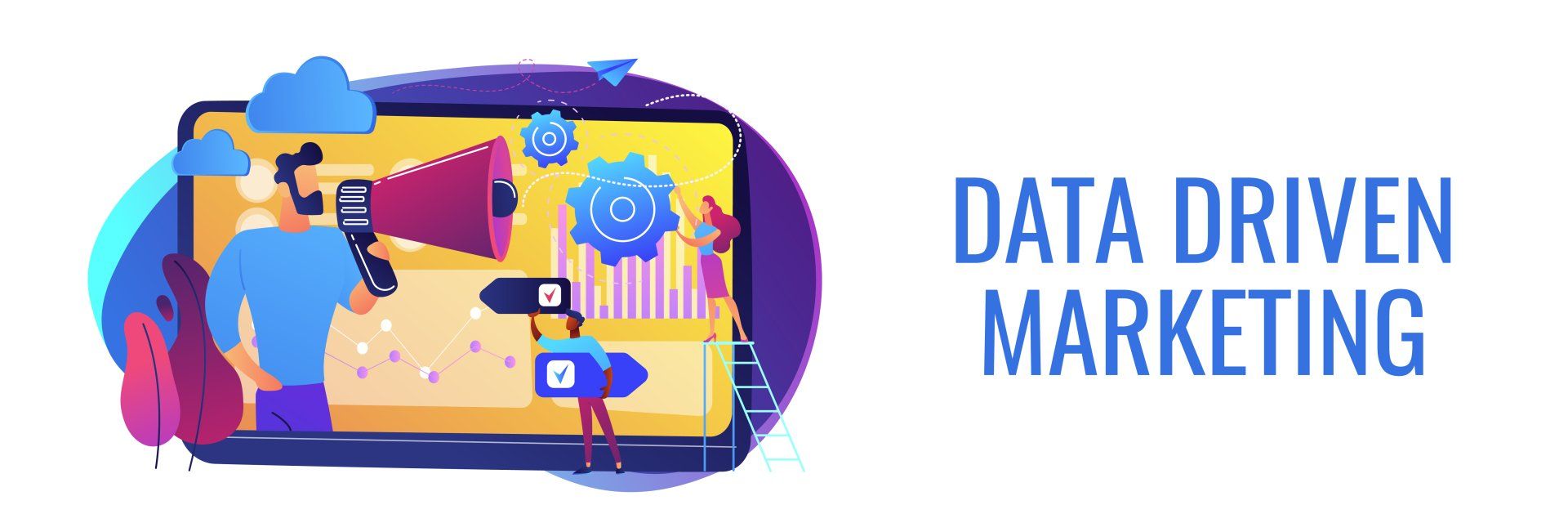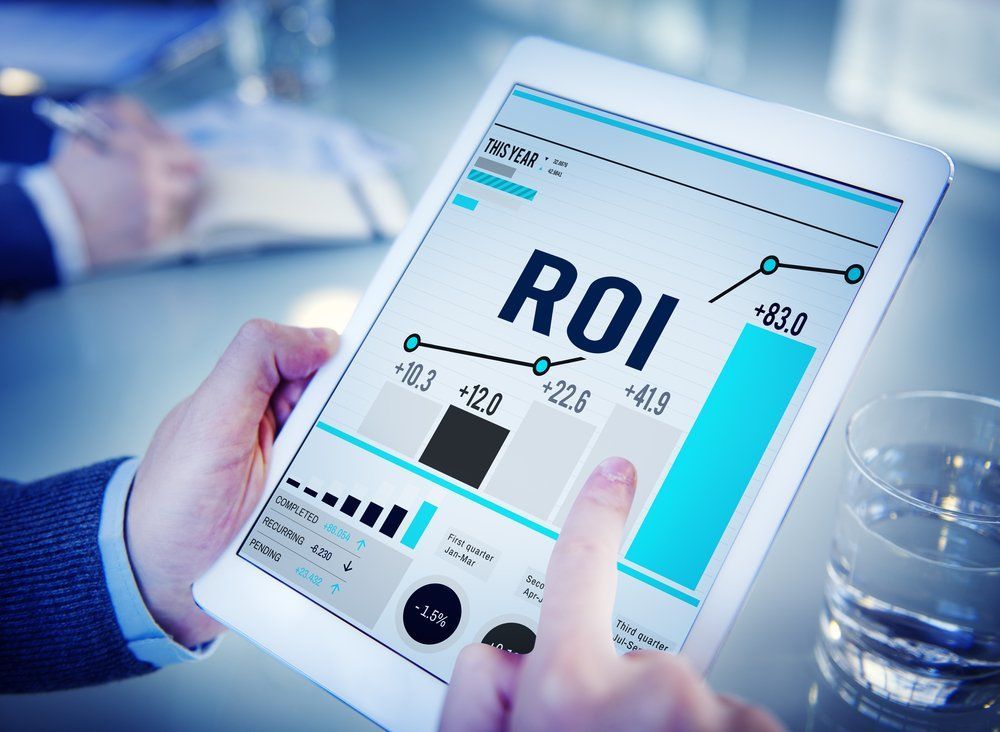Data-Driven Marketing: The New Normal
Have you ever wondered why some of the ads you see are so spot on? It's no big secret anymore.

We’ve all seen online advertisements for certain products or services and wondered at the specificity of the ad. How did they know I’ve been wanting to buy that new pair of shoes, or try that new restaurant? The mystery behind it all isn’t as exciting as an Orwellian-level Big Brother conspiracy.
The truth is, when you visit certain websites, they sometimes track which pages you are going to, how long you stay on the page, or even what time of day you visited the site. Your name, email address (hello email ads), IP address, and more are collected by numerous different websites, companies, and even phone apps.
This information is what helps marketers deliver ads that seem almost catered to you. This benefits both the marketer and consumer. The people on the receiving end of the targeted ads are now only seeing the ads that they might be interested in. Never before has marketing been this personalized.

Hyper-focused ad targeting isn't just good for the consumer, marketers (and the companies they market for) can reap huge rewards when they take advantage of available data. When marketers can hone in on consumers with such granularity, they inevitably have more success with their ads.
More successful ads mean more impressions, which can lead to more website traffic and eventually to higher sales numbers. Campaigns that make good use of data-driven marketing strategies report 5-8 times more ROI for their ad spending ( Marketing Evolution ).

When you are running more successful ads, you are wasting less on unsuccessful ads. One great thing about data-driven marketing: you can easily track which ads are performing better than others, and which ads you may need to improve upon. This results in ad budgets well-spent and leads to more consistent, high-quality ad messages across the board.
The best marketers know that data c an be used to anticipate the needs of consumers. They use personalized information to segment their audiences based on their interests, lifestyle, professions, and a ton of other identifiers. This segmentation ensures relevant, diverse messaging that is shown across demographics.

Not only does good data improve your marketing campaigns, it can work wonders for them. And marketers are well aware of this fact. A survey of marketing leaders showed that 76% of them base their decision-making on data analytics ( Marketing Evolution ). There's just no need to make marketing decisions based off gut instinct when you can use hard data to support your strategies.
Something else to keep in mind is how the pandemic has changed the marketing scene. Over the past year, people have largely been confined to their homes. This, of course, resulted in people flocking to the internet for entertainment, shopping, and social interactions. With more data out there now more than ever, it's the perfect time for businesses to invest in data-driven marketing.
Modern consumers expect personalized ads that are relevant to their wants and needs. It's beneficial to them because ads become less intrusive or annoying, and more refined to their tastes. It's beneficial to the companies advertising because of the better results they see from their highly targeted campaigns.
The bottom line is data-driven strategies are being used more and more because they really do work. If you want to ensure your ad budget is being used to its fullest potential and you aren't leaving any sales on the table, then now is the time to invest in data-driven marketing strategies.


